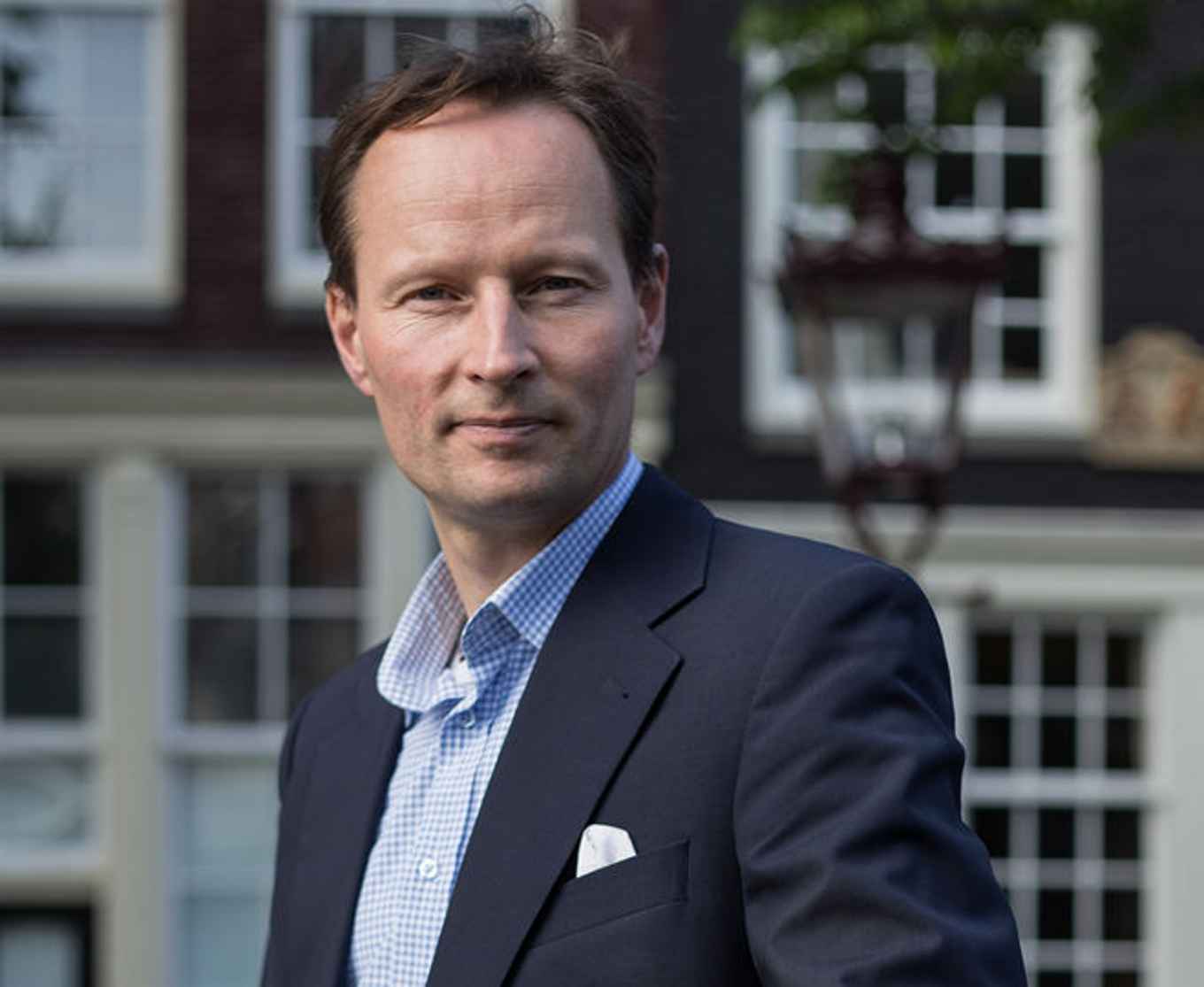Investments in solar and wind power generation need to increase fast if goals of Paris Agreement are to be met
16 July 2021

The ENGAGE study involves a unique scenario ensemble approach that includes seven up-to-date integrated assessment models. According to lead author Christoph Bertram from the Potsdam Institute for Climate Impact Research (PIK) in Germany, the model intercomparison enables an exploration of energy investments at unprecedented detail: "We have used a consistent and up-to-date set of assumptions that included the recently observed fast technological progress in key mitigation options. In all models, we observe the importance of establishing low-carbon power generation from renewables in the 2020s. This decade will be decisive for achieving ambitious peak warming goals, and the up-scaling of investments in low-carbon power is key."
Bob van der Zwaan adds that ambitious peak warming targets require decisive greenhouse gas emission cuts before 2030. "We show that the incremental changes foreseen in the nationally determined contributions to the Paris Agreement do not suffice. They will result in an irreversible overshoot of the 2 °C temperature goal that was agreed upon." The ENGAGE research shows, Van der Zwaan says, that in the short term investments in the power sector will have the greatest impact on decarbonization. This holds in particular for solar and wind technologies, and for related system enhancements in transmission, distribution and storage of electricity. "According to the analysis, for solar and wind energy the investments may have to be scaled up by a factor of 4 in comparison to current levels."
The ENGAGE consortium is supported by the European Union’s Horizon 2020 research and innovation programme. It involves researchers affiliated with 16 European research institutions among which TNO Energy Transition (Amsterdam), the University of Amsterdam, PBL Netherlands Environmental Assessment Agency (The Hague) and the Copernicus Institute for Sustainable Development (Utrecht University)
Publication details
Christoph Bertram, Keywan Riahi, Jérôme Hilaire, Valentina Bosetti, Laurent Drouet, Oliver Fricko, Aman Malik, Larissa Pupo Nogueira, Bob van der Zwaan, Bas van Ruijven, Detlef van Vuuren, Matthias Weitzel, Francesco Dalla Longa, Harmen-Sytze de Boer, Johannes Emmerling, Florian Fosse, Kostas Fragkiadakis, Mathijs Harmsen, Kimon Keramidas, Paul Natsuo Kishimoto, Elmar Kriegler, Volker Krey, Leonidas Paroussos, Deger Saygin, Zoi Vrontisi and Gunnar Luderer: Energy system developments and investments in the decisive decade for the Paris Agreement goals. Environ. Res. Lett. 16 (2021) 074020. DOI: 10.1088/1748-9326/ac09ae